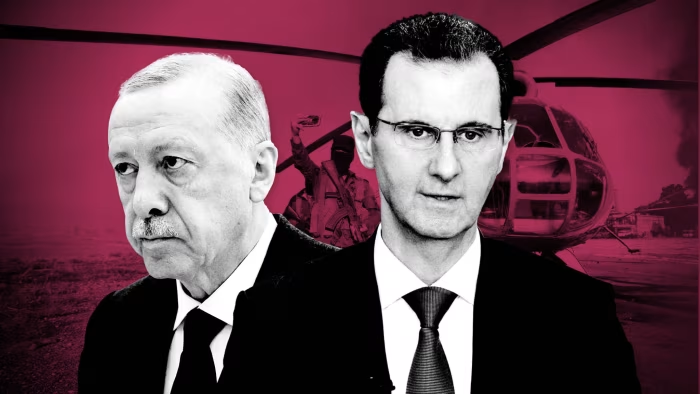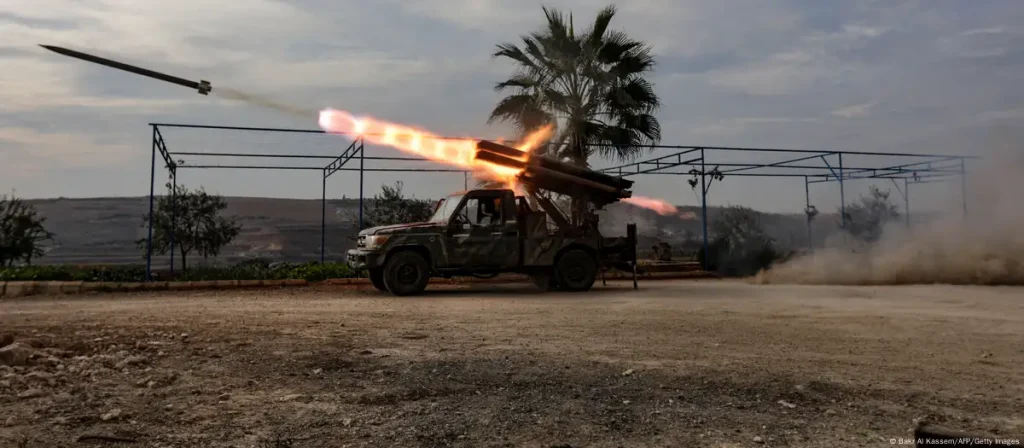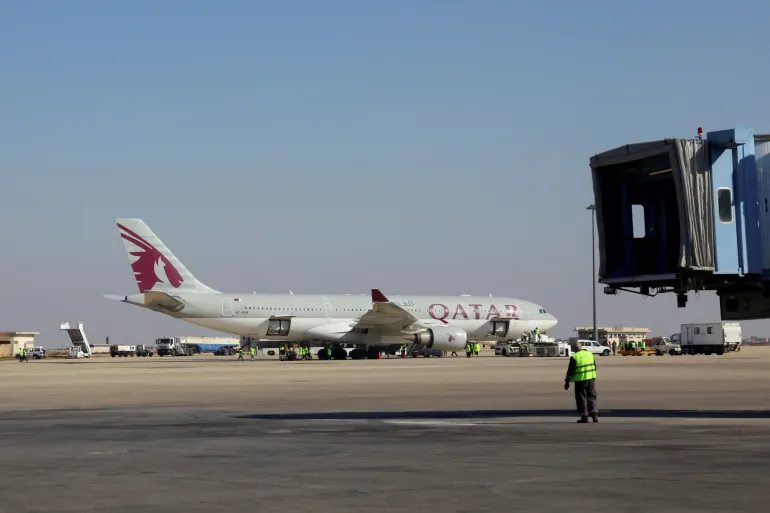Syria says 14 policemen killed in ambush by forces loyal to al-Assad
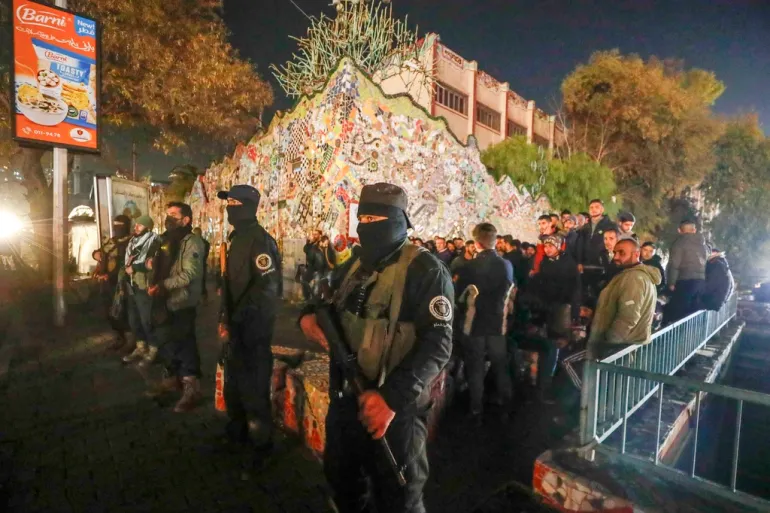
In a shocking and tragic turn of events, 14 Syrian policemen have been killed in an ambush carried out by forces loyal to President Bashar al-Assad. The attack, which occurred in a volatile region of Syria, has raised further concerns about the ongoing internal conflict that has plagued the country for over a decade. The ambush not only highlights the dangers faced by Syrian security forces but also underscores the fractured and complex nature of the conflict that continues to evolve.
The ambush took place in the Idlib province, an area that has remained a stronghold for opposition groups and insurgents, despite ongoing efforts by the Assad government to regain control of the entire country. The attack was reportedly carried out by militias or armed groups aligned with the government, raising questions about internal power struggles and the loyalty of various factions within the Syrian regime.
The policemen, who were part of a government-backed security detail, were ambushed while traveling through a strategic route in Idlib. According to sources from the Syrian government, the assailants opened fire on the convoy in a surprise attack, killing 14 officers and wounding several others. The assailants reportedly fled the scene before government forces could respond, and efforts to apprehend those responsible have been unsuccessful so far.
Rising Tensions and Internal Conflict
This attack is seen as a reflection of the growing tensions within Syria, where loyalty to the regime is not always clear-cut. Although the country’s government, led by Bashar al-Assad, has regained control of most major cities and territories, the situation remains unstable, with various factions fighting for power and influence. Rebel groups, including Islamic State (ISIS) remnants, and militant organizations have been able to exploit these divisions, continuing to wage insurgencies against the regime.
The involvement of Assad-loyal militias in the ambush raises significant concerns about the internal fractures within the government’s forces. Despite Assad’s claims of victory in the civil war, his rule is marked by persistent divisions among military and security forces, many of which are influenced by ethnic, sectarian, and political affiliations. It remains unclear whether this attack was a targeted move against these policemen by a rogue faction within the regime or whether it was part of a larger, coordinated effort to challenge Assad’s authority.
Further complicating matters is the fact that many of Syria’s armed groups—both pro- and anti-Assad—have deep ties to foreign powers. Russia, Iran, and Hezbollah have supported Assad’s regime in the conflict, while countries like Turkey and the United States have backed various opposition factions. The shifting allegiances and the intervention of foreign powers have made it even more difficult to establish clear lines of command and accountability within Syria’s fractured military structure.
The Human Cost of Syria’s Civil War
The loss of these 14 policemen is just the latest chapter in Syria’s devastating civil war, which has left an estimated half a million people dead and millions more displaced. While much of the international community has turned its attention to humanitarian efforts and the broader geopolitical consequences of the conflict, the people of Syria continue to suffer.
The attack highlights the dangerous reality for those caught in the crossfire, especially members of the Syrian security forces. The officers who were ambushed were not only fighting to maintain order within the country but they were also caught between conflicting forces loyal to the Assad regime and a multitude of other militias and armed groups. Their deaths underscore the difficulty faced by those who are tasked with maintaining security in such a fragmented and unstable environment.
The ambush also serves as a grim reminder of the continuous volatility of Syria’s security situation, which has yet to show signs of substantial improvement. Despite the Assad government’s control over much of the country, areas like Idlib, northwestern Syria, remain outside its control and are home to insurgent groups. These groups, many of which are former rebel factions, continue to fight the regime and pose significant challenges to the government’s efforts to assert full control over the country.
International Reactions and Concerns
The ambush has attracted international attention, with several countries expressing concern over the continued violence in Syria. Human rights organizations have condemned the attack and called for accountability for the deaths of the police officers. Amnesty International and Human Rights Watch have both issued statements condemning the attack and urging all parties involved in Syria’s conflict to respect international humanitarian law.
Governments, including those of the United States, Turkey, and various European nations, have also expressed their concerns about the situation in Syria. These countries have criticized the Assad regime for its handling of the conflict and the ongoing human rights abuses perpetrated by both sides. In particular, there has been growing concern over the growing influence of Iranian-backed militias and other groups loyal to Assad, whose actions have contributed to the instability in the region.
The United Nations has also called for an immediate investigation into the incident and has urged all sides in the conflict to take steps toward a political resolution that could bring lasting peace to the country. The UN Special Envoy for Syria, Geir Pedersen, expressed concern over the continuing violence and the inability of the international community to reach a comprehensive solution to the Syrian crisis.
Syria’s Path Forward
As the situation in Syria remains volatile, it remains unclear what the future holds for the country. While President Bashar al-Assad has maintained control over most of Syria, his authority is increasingly contested by various factions within the country. The attack on the policemen in Idlib is a stark reminder of the fragility of the situation, with competing loyalties and interests continuing to fuel violence across the nation.
The international community remains divided on how best to address the Syrian conflict. Calls for regime change, political reform, and accountability for human rights abuses continue, but the path forward remains uncertain. For now, the people of Syria continue to bear the brunt of the violence, and the deaths of these 14 policemen are a tragic reminder of the long road to peace and stability in the war-torn country.
The ambush of 14 Syrian policemen by forces loyal to President Bashar al-Assad marks another tragic chapter in the ongoing Syrian conflict. As the country continues to struggle with internal divisions, violence, and instability, the international community watches closely, hoping for an eventual resolution to the war. For the families of the fallen officers, the grief is personal, and for the nation, the loss underscores the ongoing dangers posed by a fractured and divided state. With tensions running high and the conflict unresolved, Syria’s path to peace remains unclear.


